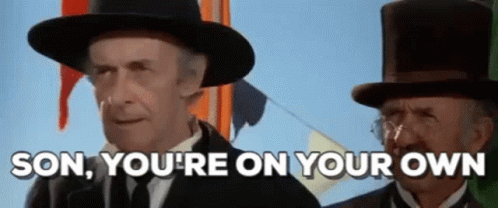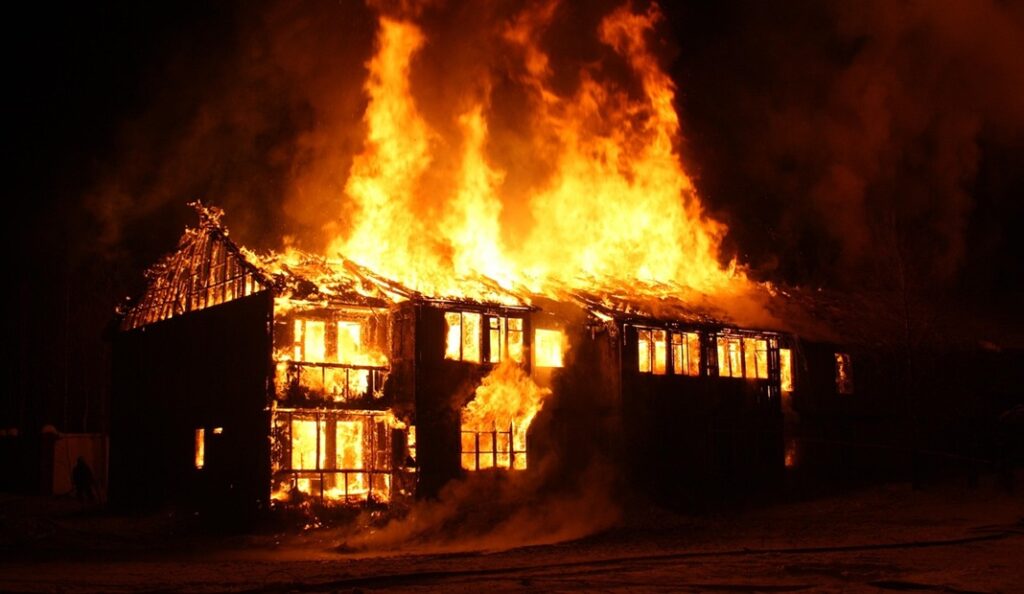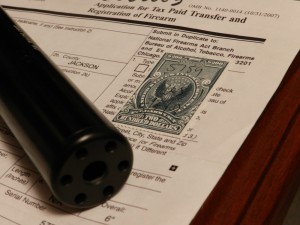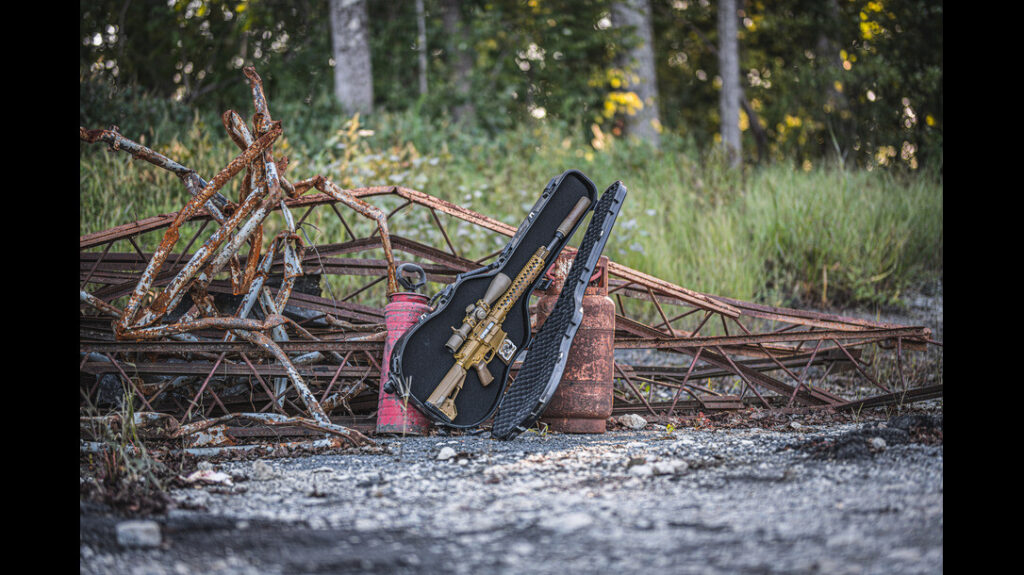“You’re on your own”
“Nobody’s coming to save you”
Frequently we hear these expressions as they pertain to defensive encounters (typically shootings). The idea being that you only have who/what is with you to solve the problem, and by the time the “cavalry” arrives, the situation will likely have been resolved one way or another.
But here’s the thing nobody’s talking about: These sentiments are equally applicable to online discourse as well.
Advertisement — Continue Reading Below
Social media is awash with concealed carry & self defense groups of every possible flavor, with various degrees of expertise.
The best among them, like The PHLster Concealment Workshop, Combatives Association, or Primary & Secondary, are aggressively curated and opinions need to be backed up with experience (either practical or academic).
The vast majority, unfortunately, consist of people with an internet connection and an opinion without a lot of substantiating background. Many recommendations boil down to little more than desperate attempts to feel relevant. “This is my favorite thing, so it should be your favorite thing too, despite the fact that I lack sufficient context or expertise to offer useful feedback”.
Advertisement — Continue Reading Below
At best, these types of situations can result in unnecessarily extending a learning curve, or maybe wasting some money.
At worst they can result in life-altering negative outcomes.
Most recently, in one of these groups, the topic came up of someone talking about carrying at a job that discourages carry.
Advertisement — Continue Reading Below
If you’re familiar with my background you know this topic is deeply personal.
Many of the responses were well intentioned, but not exactly appropriate. Lots of folks talking about carrying full-sized duty guns with a dot and a light at a wedding, or some other social function for a few hours. That’s a far cry from working in close proximity with the same group of people 8-10 hours a day for years at a time for a couple of reasons:
1) It’s a short, one-time event vs. daily routine. There’s just more hours to possibly “get it wrong”
1a) At work other people involved generally have a better sense of who you are as a person, your habits, mannerisms, etc. They’re more likely to spot “tells” than a stranger you just met.
Advertisement — Continue Reading Below
2) Speaking of “getting it wrong” the consequences are generally far more severe for being discovered at work vs. at a social function.
There were, as you’d expect, a smattering of comments about how people are oblivious/don’t notice, etc, which I think is a very dangerous sentiment, and probably warrants its own article.
The thing that really didn’t sit well with me though was how cavalier people were with advice that had the potential to destroy someone’s professional and financial wellbeing. Too many people were confusing “I got lucky” with “My concealment is really that good”.
Advertisement — Continue Reading Below
Some people have high level concealment because they exist in high consequence environments.
Some people haven’t suffered a negative outcome yet simply due to a combination of luck and environmental apathy.
It’s important to understand where they’re coming from, and how seriously they take the consequences/fallout.
Advertisement — Continue Reading Below
Nobody’s going to cut you a check or serve your sentence for you if the advice is bad, wrong, or poorly thought out.
THAT is what I mean by “you’re on your own”.
Be very cautious about who you take advice from, because they won’t have to suffer the consequences of being wrong.
Advertisement — Continue Reading Below















